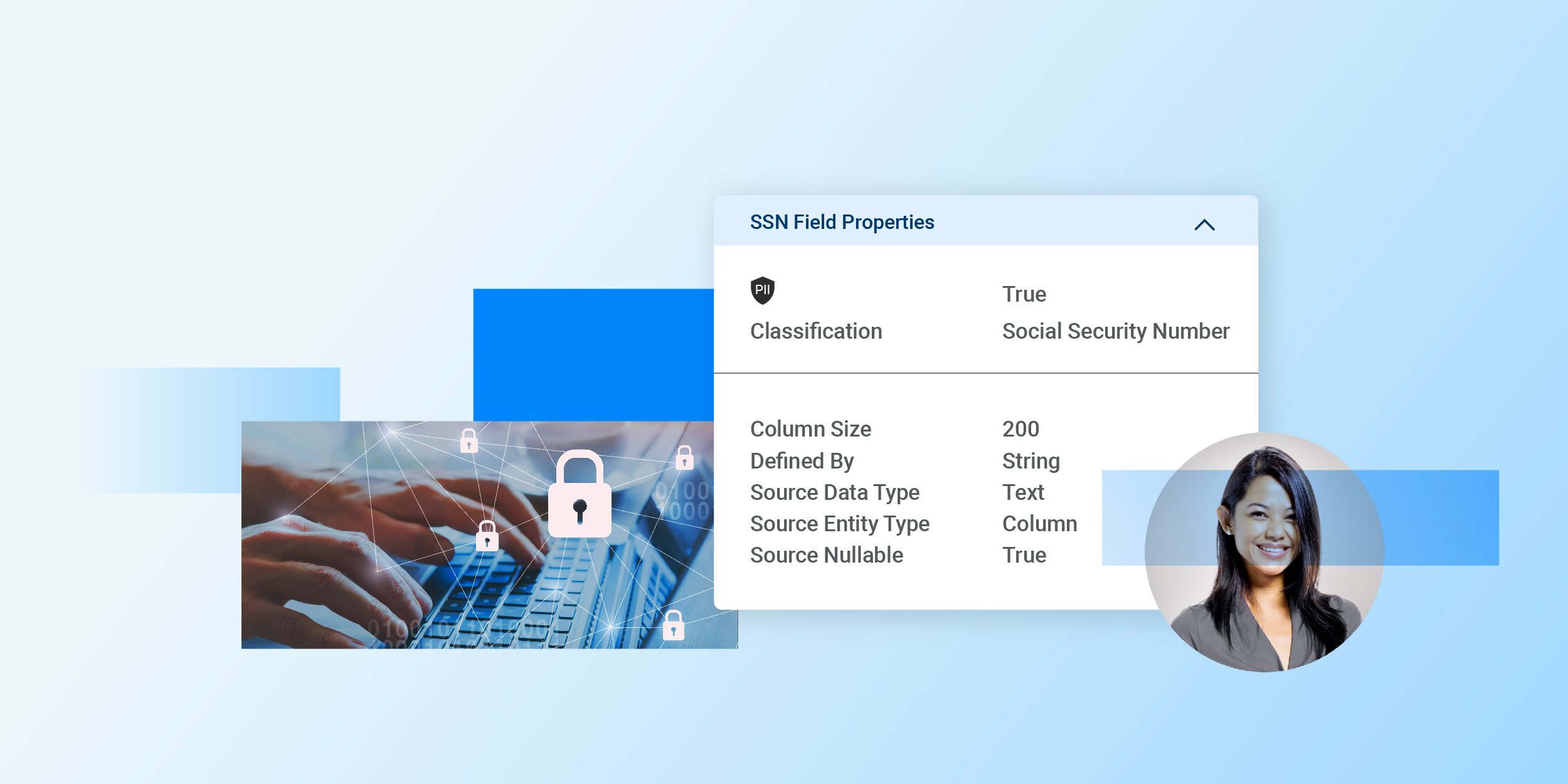Table of contents
Test data integrity ensures that the data used in testing is accurate, consistent, and reliable, to prevent errors in storage, retrieval, and processing.
What is Test Data Integrity in Test Data Masking
Traditional test data masking tools can't always preserve the referential integrity of your test data across systems.
Consider this scenario: If your customer data is spread across billing, marketing, and technical support systems, how can you ensure that the test data masking process consistently anonymizes an individual’s sensitive data and Personally Identifiable Information (PII) across all these systems?
Test data integrity addresses this issue.
Enter Entity-Based Data Masking
Now imagine entity-based data masking technology that unifies all the data about a single customer, from all data sources, and masks it as a single unit. Instead of masking data by tables and systems, data is masked by the customer entity – one customer’s data, across all systems, at a time.
Entity-based data masking tools:
-
Discover the customer entity schema.
-
Classify any PII and sensitive data automatically.
-
Ingest multi-source data and automatically organize it by customer entities, to enforce referential integrity and facilitate contextual masking.
-
Mask the data in the context of the business entity and deliver it to any target system or data store, with referential integrity preserved.
Entity-based data masking software enables contextual test data masking, ensuring that the masked data is contextually valid. Consider a specific customer whose salary is changed (in the data masking process of his company’s HR system) to a level that qualifies them as a VIP customer (in the CRM system). With entity-based data masking, the VIP customer field can be adjusted accordingly as part of the masking process to ensure contextual test data validity.
Entity-Based Masking Combined with Data Products
Enter the concept of data as a product, in which a reusable data asset is bundled with everything needed to make it usable by authorized consumers or systems. A data product can be configured to ingest, organize, mask, and deliver compliant customer data – by customer entities.
The data product would be reusable for provisioning compliant customer test data, pipelining it into a data lake for analytical workloads, or sharing it with B2B partners.
Additional Advantages of Entity-Based Data Masking
In a nutshell, entity-based data masking simplifies the complexities of data masking, ensuring all PII data is:
-
Complete, unified, and appropriately masked
-
Clean, with data quality policies enforced in real-time
-
Compliant, with data privacy laws (e.g., GDPR, CCPA)
-
Consistent, maintaining contextual, referential, and test data integrity across all systems
Quadrant Knowledge Solutions named K2view a leader in the 2023 SPARK Matrix for Data Masking Tools. With its enterprise-scale, entity-based solution, K2view supports both static and dynamic data masking of structured or unstructured data. It also ensures contextual test data integrity, while masking data from any source.
Learn more about entity-based data masking tools.













